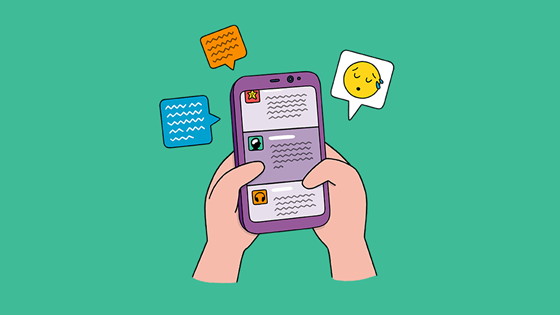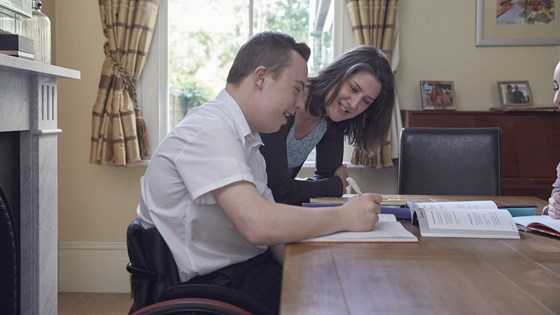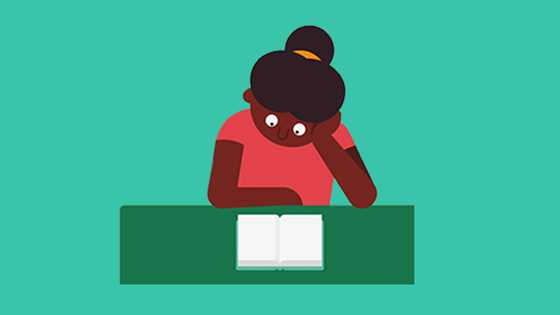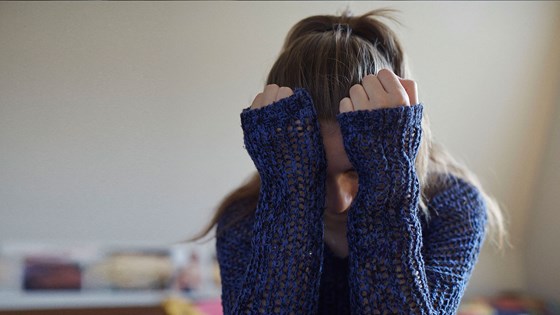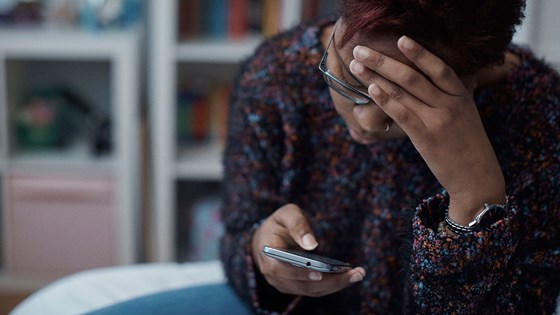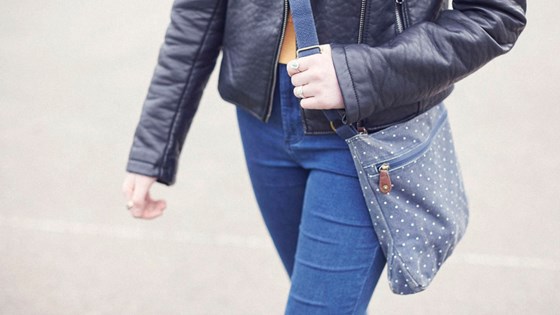If you feel that your eating is out of control, it can help to ask yourself what made you start. If there's something stressful or upsetting in your life (like family relationships or pressure at school) then it might be a good idea to get some support. You could do this by asking an adult you trust for help or by talking to a Childline counsellor or to the charity Beat Eating Disorders. If you prefer you can talk to other young people who may have had similar experiences to you on our message board.
Seeing a doctor
Each situation is different, but if you visit a doctor, they could help you make a food plan or talk about you possibly going to a therapy group. These things can help you control the feeling of wanting to binge.
Keep a food diary
Write down every time you eat, including when you binge. This can help you see if there are certain times when you want to binge. You can sign up to the locker to use our mood journal. It’s a great way to track your mood over a period of time.
Don’t have a ‘no’ list
This is a list of food you won’t let yourself eat. Doing this can make you want to eat those types of food even more. The urge can build and build until you end up eating lots at once. So it’s better to let yourself have a little bit of that type of food every now and then.





